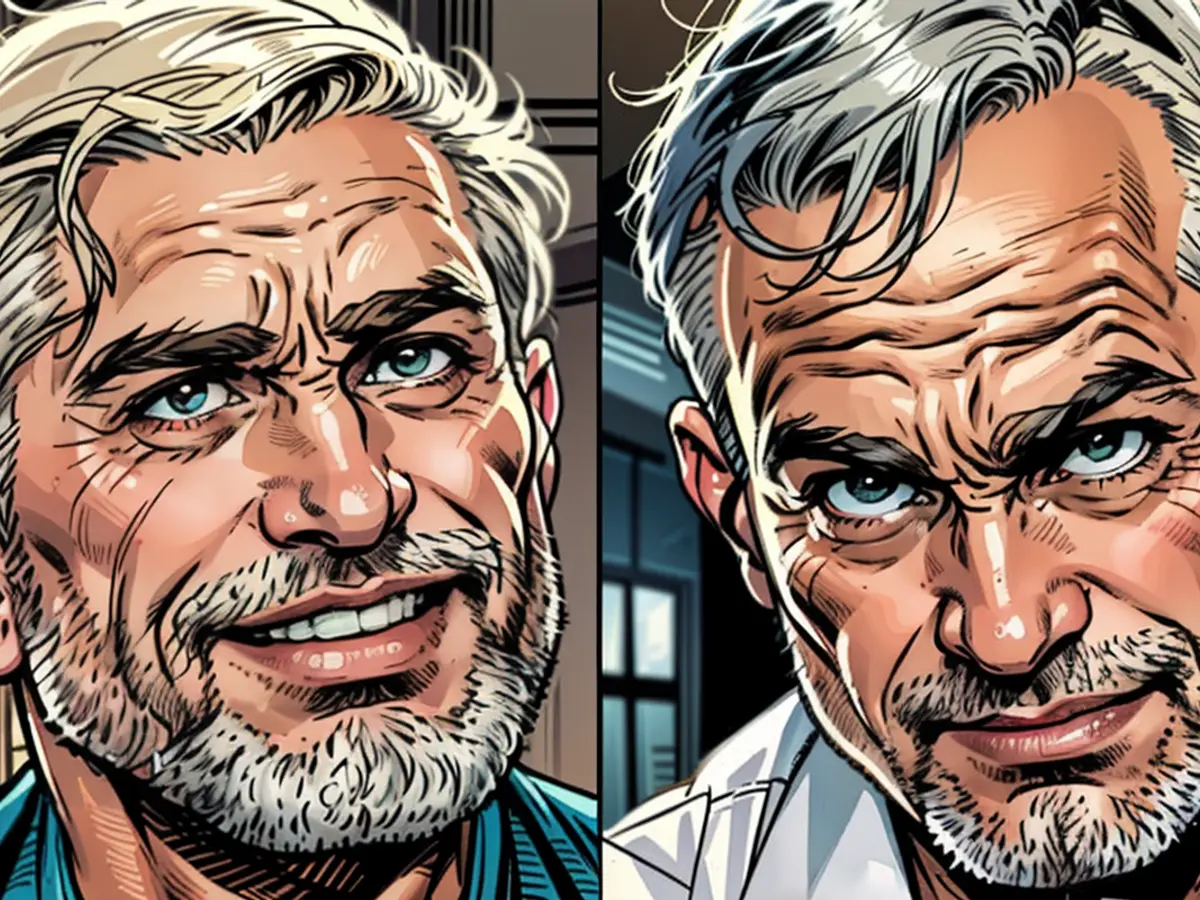Run-off election for president in Iran between reformer Peseshkian and hardliner Jalili
At the 14th Presidential elections of the Islamic Republic of Iran since its founding, a runoff election had occurred only once, in the year 2005. During the vote counting on Saturday morning, it became clear that Peseschkian had received the most votes but not the necessary absolute majority on Friday.
The originally planned Presidential election for 2025 had been brought forward due to the death of the conservative incumbent Ebrahim Raisi in a helicopter crash on May 19. The election is being closely watched abroad, as Iran is a significant political power in the region and is involved in several conflicts, such as the Gaza War.
Peseschkian and Jalili differ significantly in their personalities and political courses. The 69-year-old surgeon Peseschkian, who represents the northwestern Iranian city of Tabriz in parliament, has little government experience. He served as Health Minister under the reformist President Mohammad Khatami from 2001 to 2005.
Peseschkian is known for his outspoken words. He criticized the actions of the authorities during the nationwide mass protests that erupted following the death of the young Kurd Mahsa Amini in September 2022 after her arrest for alleged violations of strict Islamic dress codes. Additionally, the 69-year-old advocates for easing relations between his country and the West, particularly with the United States, to secure the relaxation of international sanctions against Iran.
The 58-year-old Jalili, on the other hand, advocates for a hardline stance against the West. He demonstrated this during his tenure as Iran's chief nuclear negotiator from 2007 to 2013. Jalili held other influential positions throughout his career and enjoys the trust of the spiritual leader of the country, Ayatollah Ali Khamenei. Currently, Jalili is a member of the Supreme National Security Council, the highest security policy body of the country.
Regardless of the outcome of the runoff election on Friday, the consequences are likely to remain within bounds. Ultimately, political power in Iran has belonged to the spiritual leader of the country since the Revolution in 1979. The President is only responsible for implementing the political guidelines set by the spiritual leader.
In the run-off election, Peseschkian and Jalili will face each other once again, as they did in the 2005 Presidential election in Iran. The Office of the President in Tehran will witness a fierce competition between the reformer Peseschkian and the hardliner Jalili. Following his service as Health Minister under President Mohammad Khatami, Peseschkian is now running for the presidency again, advocating for improved relations with the West, including the United States. Previously, Jalili, a supporter of a hardline stance against the West, served as Iran's chief nuclear negotiator and is currently a member of the Supreme National Security Council.
After the unexpected death of conservative incumbent President Raisi in a helicopter crash, the Ministry of the Interior in Iran announced the advancement of the Presidential election scheduled for 2025 to the present year. The election has sparked international interest, with Iran being a significant political power in the Middle East involved in various conflicts, such as the Gaza War.







